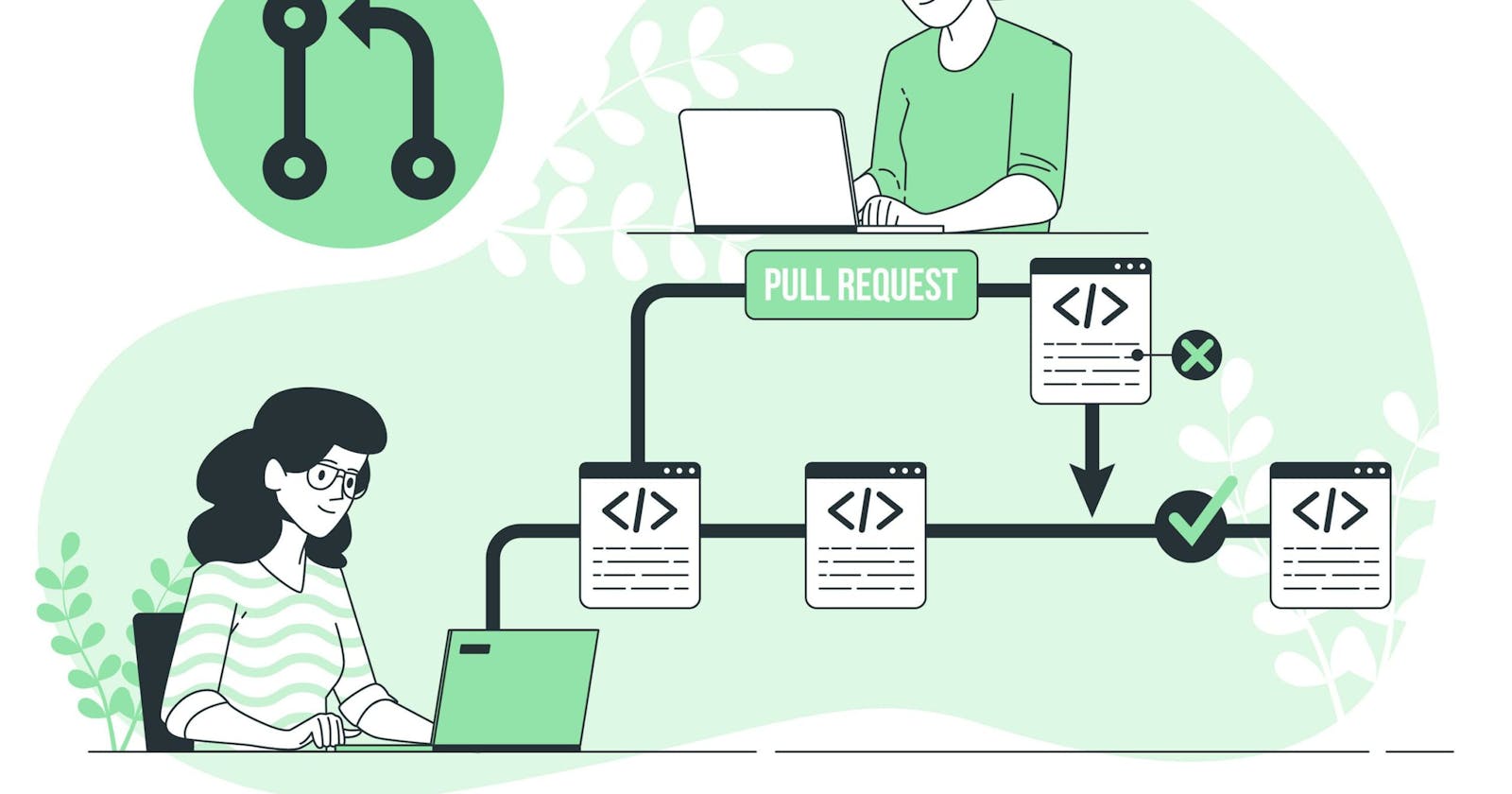The Benefits of Small Pull Requests: Improving Collaboration and Code Quality
Pull requests (PRs) are a fundamental part of the software development process, enabling collaboration, code review, and integration of changes into a codebase. While the size of pull requests may vary depending on the complexity of the changes, there is a growing consensus that smaller pull requests offer several advantages over larger ones. In this article, we'll explore why small pull requests are better for team collaboration, code quality, and overall project efficiency.
Understanding Small Pull Requests
Small pull requests refer to changesets that contain a focused and limited set of modifications to the codebase. Instead of bundling multiple features or fixes into a single PR, developers break down their work into smaller, more manageable units of change. This approach encourages iterative development, facilitates faster reviews, and minimizes the risk of introducing bugs or regressions.
Key Characteristics of Small Pull Requests:
Focused Changes: Small PRs address a specific issue or implement a single feature, making it easier to understand and review the proposed changes.
Reduced Review Overhead: With smaller changesets, reviewers can provide more focused and meaningful feedback, leading to quicker review cycles and faster code integration.
Lower Risk: By isolating changes to smaller units, developers can identify and address issues more effectively, reducing the likelihood of introducing bugs or breaking existing functionality.
Benefits of Small Pull Requests
Small pull requests offer several benefits for both individual developers and development teams:
Faster Feedback Loops: Smaller changesets enable faster feedback from reviewers, allowing developers to iterate and improve their code more rapidly.
Improved Collaboration: Small PRs encourage collaboration and knowledge sharing among team members, as changes are easier to understand and discuss.
Higher Code Quality: By focusing on smaller, more focused changes, developers can maintain higher code quality standards and reduce the accumulation of technical debt.
Easier Maintenance: Smaller PRs lead to a cleaner and more maintainable codebase, making it easier to track changes, debug issues, and onboard new team members.
Conclusion
In conclusion, small pull requests offer numerous advantages for software development teams, including faster feedback cycles, improved collaboration, and higher code quality. By breaking down work into smaller, more manageable units of change, developers can streamline the review process, reduce the risk of errors, and ultimately deliver better software more efficiently.
Are you interested in learning more about software development best practices, collaboration techniques, or agile methodologies? Share your thoughts in the comments below and subscribe to our blog newsletter for updates on similar topics and more insightful content!
